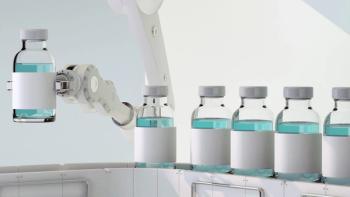
Conventional and robotic automation inside closed systems reduces risk.

Conventional and robotic automation inside closed systems reduces risk.

Eli Lilly and Company and industry partners, including Ziath, are focused on speeding up the drug discovery process with a fully automated lab.

Mechanistic models provide process understanding for developing robust manufacturing processes and for scale up and tech transfer.

Lonza and Sheba Medical Center have successfully dosed four patients with a CD19 autologous CAR-T cell therapy using Lonza’s Cocoon automated manufacturing platform.

Modeling the manufacturing process benefits both development and operations.

Horiba has joined a consortium aimed at accelerating the development of process analytical technologies for cell and gene therapy manufacturing

Automated systems help detect and resolve quality issues.

The CGT Catapult has formed a consortium aimed at advancing the technology development and lowering costs of cell and gene therapy manufacturing.

The Module Type Package standard is now supported in Emerson’s DCS and PLCs.
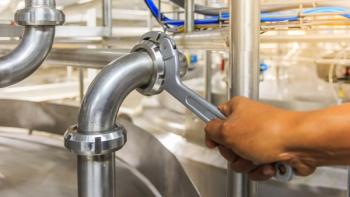
Consider best practices for manual or clean-in-place procedures.
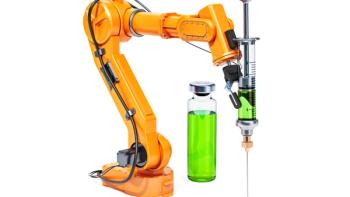
Automation offers benefits for sterile manufacturing in 503B outsourcing facilities.

Cellares has raised $82 million to accelerate the development of its Cell Shuttle, a factory-in-a-box that allows for the automation of the process of creating highly individualized cell therapies.

Complex formulations, personalized medicines, COVID-19 therapies, and sustainability goals are driving innovations in drug packaging.

Raman spectroscopy delivers real time, non-destructive process insights for critical process parameters to monitor pharmaceutical manufacturing.

Manufacturers of oral solid dose pharmaceutical formulations need PAT tools to reduce a product’s time-to-market and increase profitability.

The need for real-time monitoring and control has spurred the development of new analytical tools.

The acquisition strategically expands SPT Labtech’s offering in sample management for life sciences.
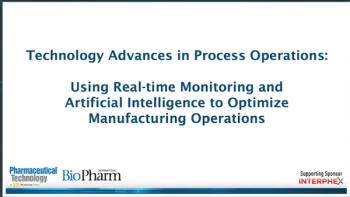
How can artificial intelligence and machine learning be used to gather and process real-time manufacturing data?

The company recently installed a fully validated visual inspection system that uses artificial intelligence in an automated inspection machine.
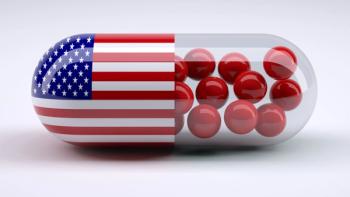
Advanced manufacturing technologies are available, but challenges need to be addressed.

Sharing process insights across the stages of drug development improves tech transfer.

Honeywell’s project team has remotely and efficiently migrated Richter Gedeon’s process control system with limited onsite staffing and resources.

The collaboration addresses the need for risk mitigation plans in cell therapies.

Sanofi’s Digitally Enabled Integrated Continuous Biomanufacturing Facility in Framingham, MA was named the Overall Award winner at the ISPE virtual annual meeting.

At the 2020 Bio/Pharma Virtual Congress, experts discuss how artificial intelligence and machine learning are used to gather and process real-time manufacturing data.